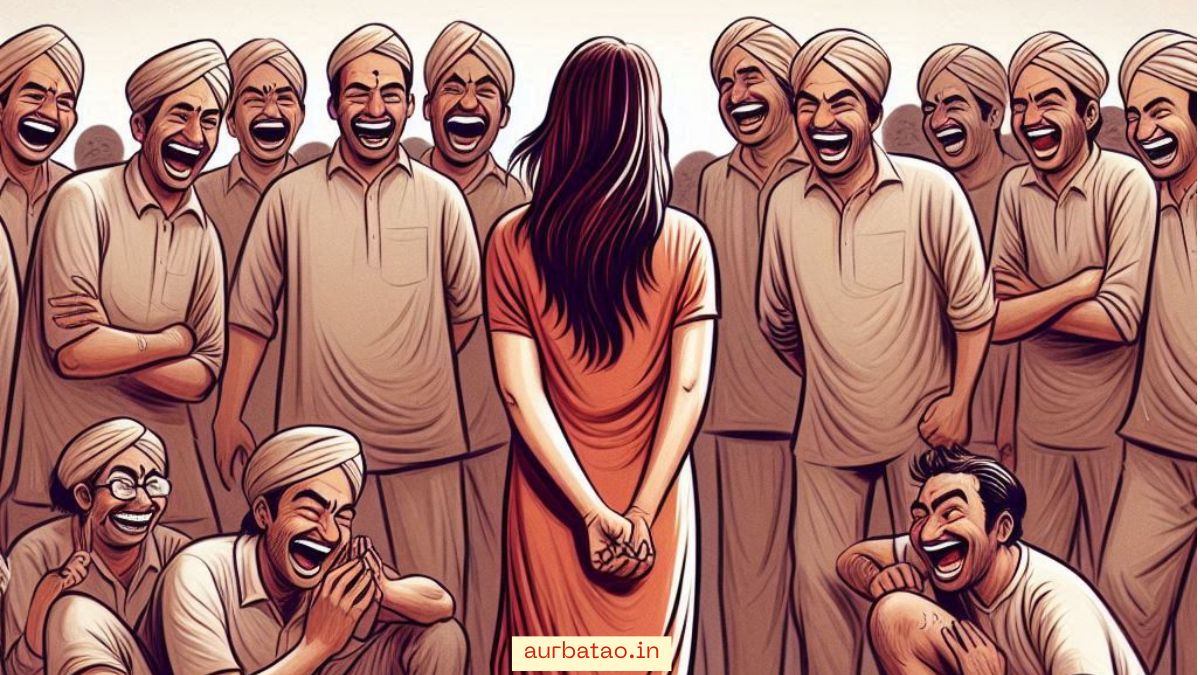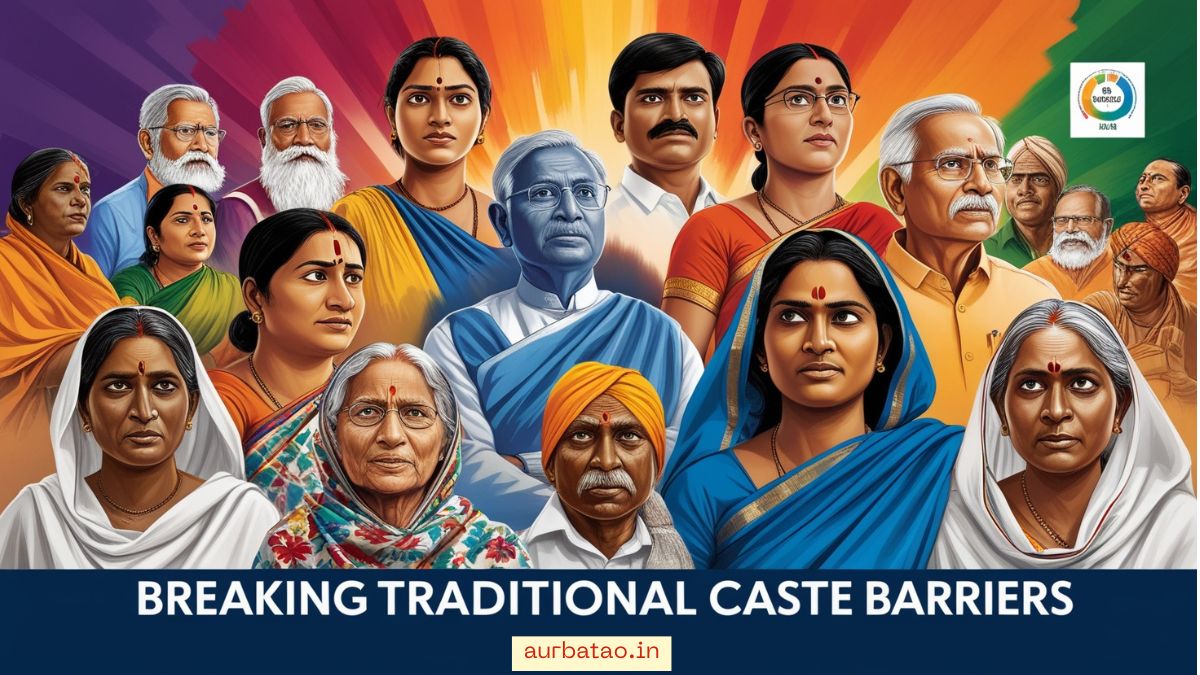Arranged marriage, a deeply rooted tradition in Indian culture, has long been upheld as a pillar of societal stability. However, as times change, it is becoming increasingly evident that this system has significant drawbacks, both on a personal and societal level. This article explores how arranged marriages promote outdated ideologies, perpetuate discrimination, and hinder progress in Indian society.
1. Perpetuation of Casteism
One of the most damaging aspects of arranged marriages is their role in promoting casteism. Families often prioritize caste over compatibility, ensuring that individuals marry within their community. This practice reinforces the caste system, a divisive structure that perpetuates discrimination and inequality.
Instead of uniting people across boundaries, arranged marriages deepen societal divides. By prioritizing caste, families indirectly fuel prejudice and the outdated notion of superiority or inferiority based on birth. This undermines India’s progress toward a more inclusive and egalitarian society.
2. Compromising True Love
In arranged marriages, love often takes a backseat. Boys and girls who may already have relationships are pressured to end them in favor of a match approved by their families. This pressure stems from societal expectations, primarily dictated by caste, financial status, or family reputation.
This not only breaks the hearts of individuals but also trivializes the concept of love. Marriages that lack love and understanding often lead to strained relationships, dissatisfaction, and even infidelity. Over time, a society that suppresses genuine emotions for the sake of tradition risks becoming emotionally disconnected and morally corrupt.
3. Promotion of the Dowry System
Arranged marriages often involve the exchange of dowry, a practice that places an unfair financial burden on the bride’s family. This shameful tradition strengthens the divide between rich and poor families, as wealthier families seek alliances within their class to protect their financial interests.
This imbalance perpetuates a society divided by economic status, where the poor struggle to marry off their daughters, and the rich use dowry as a means of flaunting wealth. In a country striving for equality, such practices hold us back from creating a balanced and harmonious society.
4. Emotional and Personal Conflicts
Arranged marriages can force individuals into relationships where compatibility is often overlooked. Families make decisions based on superficial factors such as social status, caste, or community ties, rather than understanding the personalities and preferences of the bride and groom.
This lack of personal choice often leads to emotional dissatisfaction. Couples may struggle to form genuine connections, as they are essentially strangers brought together by external factors. In worst-case scenarios, this lack of compatibility leads to mental health issues, strained relationships, or divorce.
5. Discourages Individual Freedom
In arranged marriages, the autonomy of the bride and groom is often overshadowed by family expectations. The pressure to conform to tradition discourages individuals from making their own choices about their future.
This suppression of freedom particularly affects women, who are often given little say in the matter. Such practices reinforce patriarchal norms, limiting personal growth and fostering resentment among individuals who feel trapped in decisions made for them.
6. Impact on National Progress
At a national level, the disadvantages of arranged marriage contribute to social stagnation. By promoting outdated systems like casteism, dowry, and gender inequality, arranged marriages hinder the cultural and intellectual progress of the nation. A society that clings to discriminatory traditions cannot fully embrace modernity or innovation.
Moreover, suppressing individual choices in marriage can lead to a population that feels disconnected and disempowered. In contrast, societies that encourage freedom and equality are more likely to thrive, both socially and economically.
7. Fuels Gender Inequality
Arranged marriages often reinforce gender roles that place women at a disadvantage. The bride’s family is expected to provide dowry, the groom is often seen as the dominant decision-maker, and women are expected to adapt to their husband’s family without question.
Such practices perpetuate the idea that women are subordinate to men, further entrenching gender inequality in Indian society. For a nation striving to empower its women, this is a significant setback.
A Call for Change
While arranged marriage has been a part of Indian tradition for centuries, it’s time to question its relevance in today’s world. The system, rooted in outdated practices like casteism and dowry, does more harm than good, both at the personal and societal levels.
Encouraging love marriages, where individuals choose their partners based on mutual respect, understanding, and compatibility, can pave the way for a more progressive and inclusive society. By rejecting harmful traditions, India can take a bold step toward equality, freedom, and emotional well-being for all its citizens.
It’s time to prioritize love, respect, and individuality over societal pressures. After all, a country’s strength lies in the happiness and freedom of its people.


